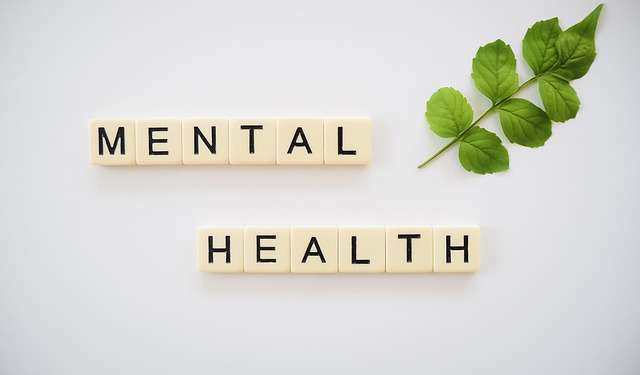Sleep is essential for our physical and mental well-being. A good night’s sleep can help us feel refreshed and energized, while a lack of sleep can lead to a range of health problems, including mental health issues. In this article, we will explore the connection between sleep and mental health and the ways in which poor sleep can impact our mental well-being.
The Connection Between Sleep and Mental Health
There is a strong connection between sleep and mental health. Studies have shown that poor sleep can increase the risk of developing mental health disorders, such as anxiety and depression. Conversely, getting enough sleep can help to reduce the risk of developing these disorders.
Sleep is critical for our brains to function correctly. When we sleep, our brains are busy processing and storing information, and consolidating memories. Sleep also helps to regulate our emotions and mood. When we are sleep-deprived, we are more likely to feel irritable, anxious, and depressed.
The Impact of Poor Sleep on Mental Health
Anxiety and Depression
A lack of sleep can increase the risk of developing anxiety and depression. Studies have shown that people who have sleep disorders, such as insomnia, are more likely to develop these disorders. Poor sleep can also worsen symptoms of anxiety and depression, making it more difficult to manage these conditions.
Cognitive Function
Sleep is critical for our cognitive function. When we sleep, our brains are busy consolidating memories and processing information. A lack of sleep can lead to cognitive impairment, including difficulty concentrating, memory problems, and a reduced ability to solve problems.
Substance Abuse
Poor sleep can also increase the risk of substance abuse. People who have sleep disorders are more likely to use drugs or alcohol to help them sleep. Substance abuse can worsen sleep problems, leading to a vicious cycle of poor sleep and substance abuse.
Psychosis
Sleep deprivation can also lead to psychosis. Studies have shown that people who are sleep-deprived are more likely to experience symptoms of psychosis, such as hallucinations and delusions.
Suicidal Thoughts
Poor sleep has also been linked to an increased risk of suicidal thoughts. Sleep deprivation can increase feelings of hopelessness and despair, which can contribute to suicidal thoughts.

Ways to Improve Sleep and Mental Health
Establish a Sleep Routine
One of the best ways to improve sleep and mental health is to establish a sleep routine. Going to bed and waking up at the same time every day can help to regulate your body’s internal clock, making it easier to fall asleep and wake up feeling refreshed.
Create a Relaxing Sleep Environment
Creating a relaxing sleep environment can also help to improve sleep and mental health. Make sure your bedroom is cool, dark, and quiet. Avoid using electronics in the bedroom, as the blue light can interfere with your sleep.
Practice Relaxation Techniques
Practicing relaxation techniques, such as meditation or deep breathing, can also help to improve sleep and mental health. These techniques can help to reduce stress and anxiety, making it easier to fall asleep.
Exercise Regularly
Regular exercise can also help to improve sleep and mental health. Exercise can help to reduce stress and anxiety, improve mood, and increase feelings of relaxation.
Seek Professional Help
If you are struggling with poor sleep and mental health, it is essential to seek professional help. A mental health professional can help to diagnose and treat mental health disorders, such as anxiety and depression, and provide you with the tools and resources you need to improve your sleep and mental well-being.
Conclusion
sleep plays a vital role in maintaining good health. Poor sleep can contribute to the development or exacerbation of mental health problems, such as depression, anxiety, bipolar disorder, schizophrenia, and PTSD. However, by establishing a sleep routine, creating a relaxing sleep environment, practicing good sleep hygiene, and exercising regularly, individuals can improve both their sleep and health. Getting enough restful sleep is an essential component of self-care, and prioritizing sleep can have a significant positive impact on overall well-being. If you are experiencing ongoing sleep problems or health issues, it is important to seek the advice of a healthcare professional for proper evaluation and treatment.
